AITA for not dating a single dad, even if he's a victim?
The Original Poster (OP), a 19-year-old woman, went on a first date with Ben (25M), whom she met through mutual friends.
During or shortly after their initial meeting, OP learned that Ben has two young children, aged 7 and 2, meaning he became a father at a very young age.
OP, stating clearly that she is not interested in dating someone with children and does not wish to be a stepmother, politely declined Ben's request for a second date.
This refusal led to Ben aggressively questioning her decision, labeling her as judgmental, and claiming victimhood over his past circumstances, causing the OP significant distress and conflict with their mutual friends who are now pressuring her to apologize.
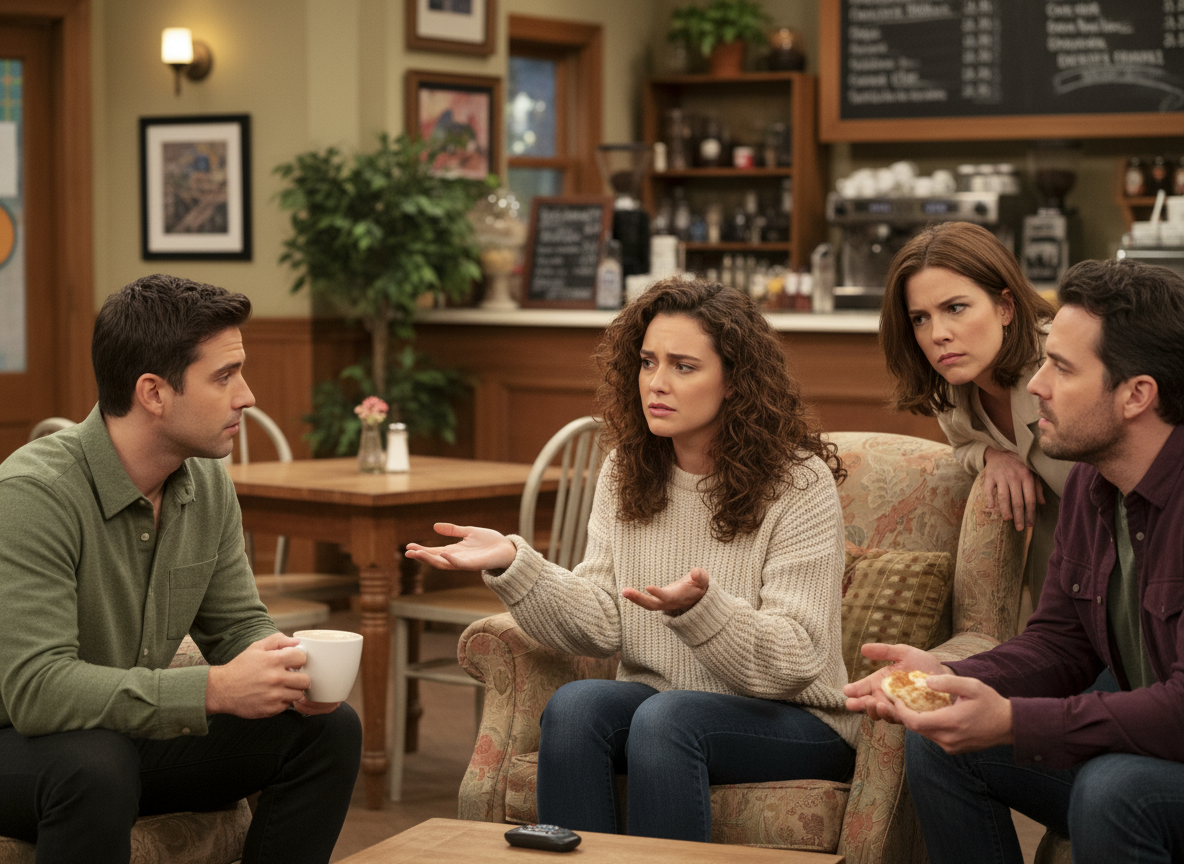
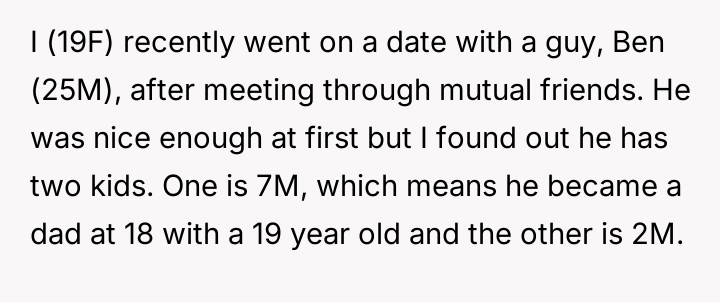
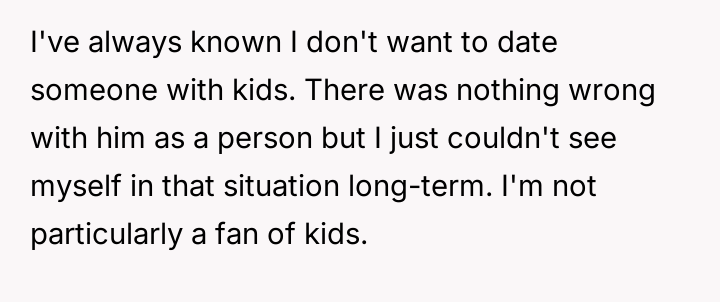

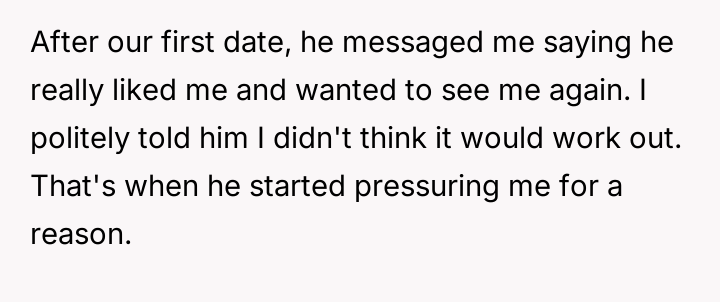
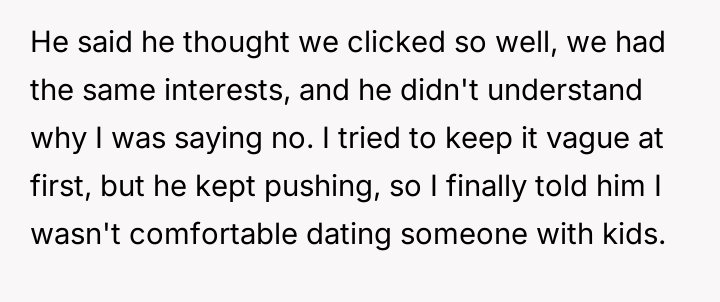
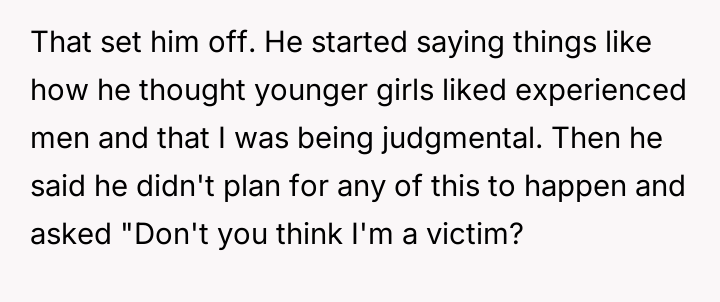
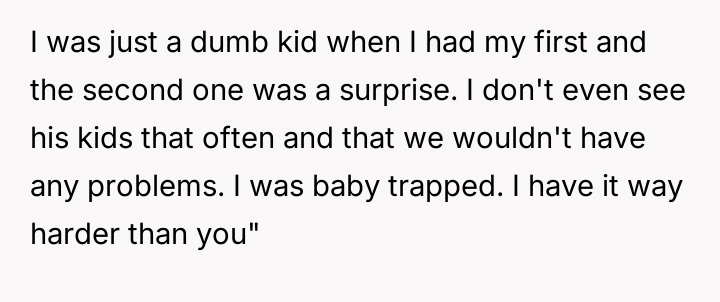
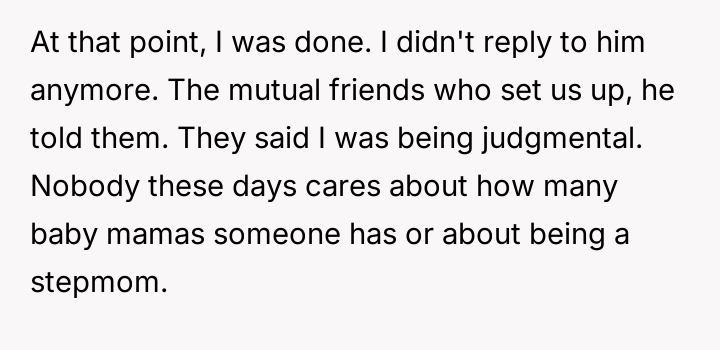


Subscribe to Our Newsletter
No spam, unsubscribe anytime. Privacy Policy
This Topic Lit Up the Comments Section:
The crowd poured into the comments, bringing a blend of heated opinions, solid advice, and a few reality checks along the way.
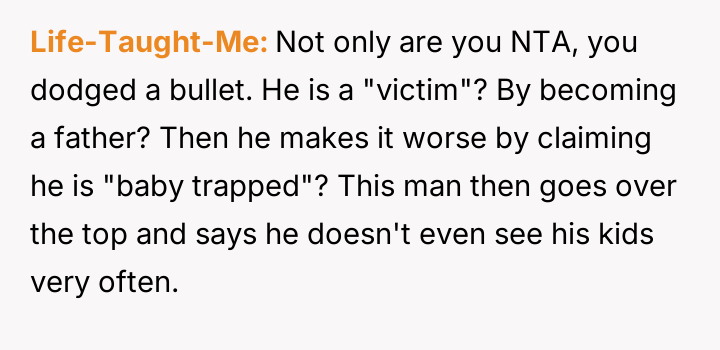
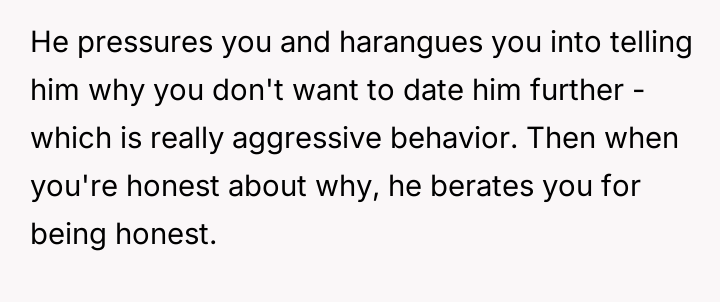
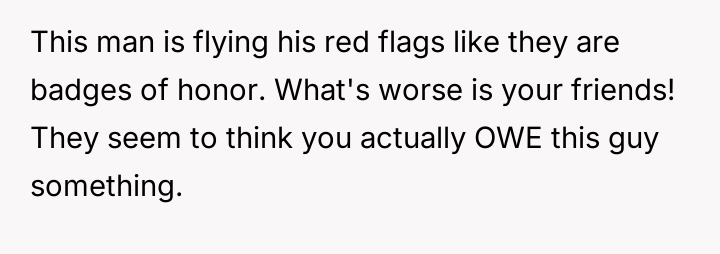
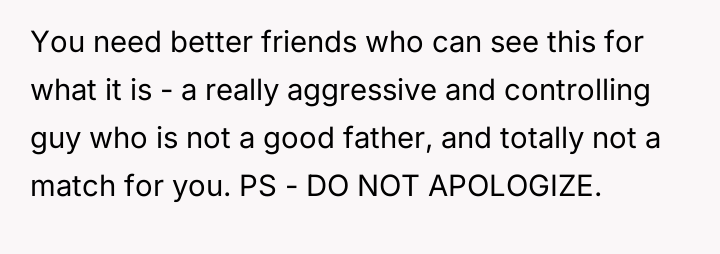
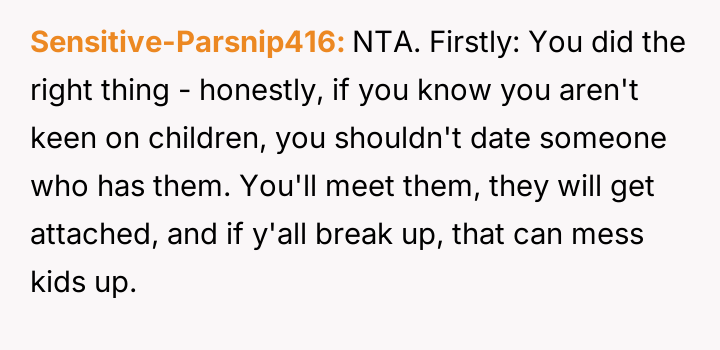
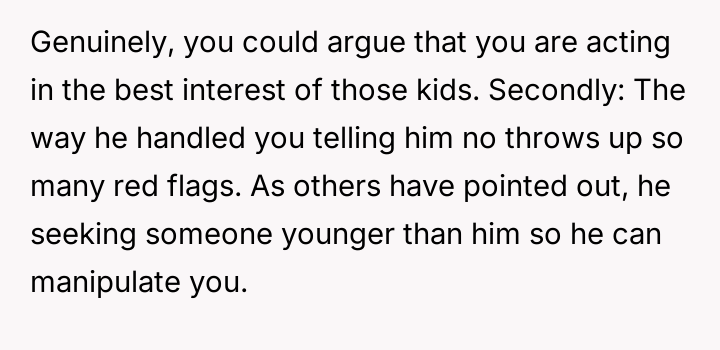
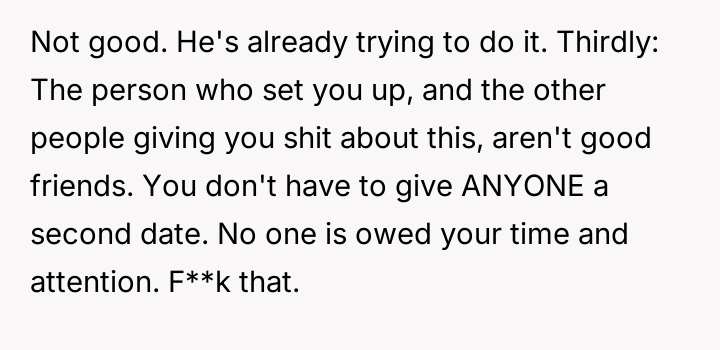
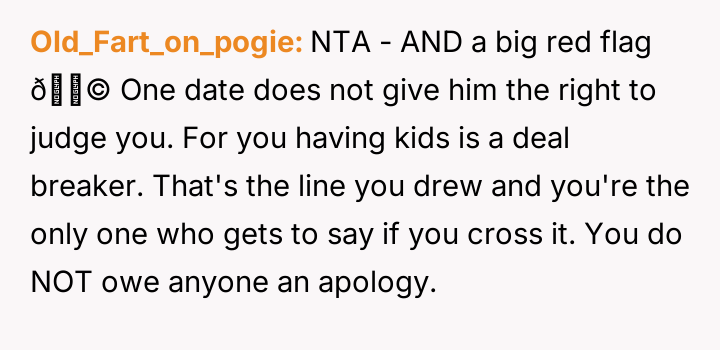
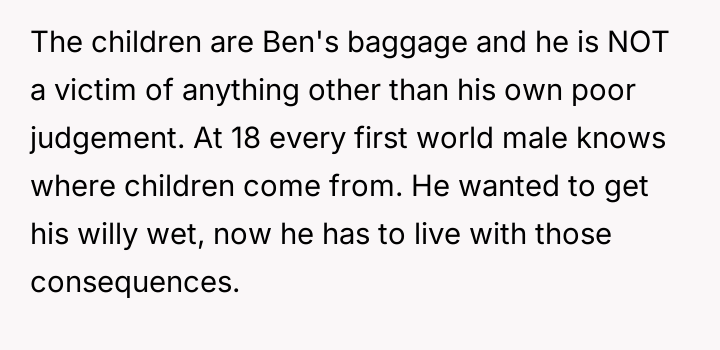

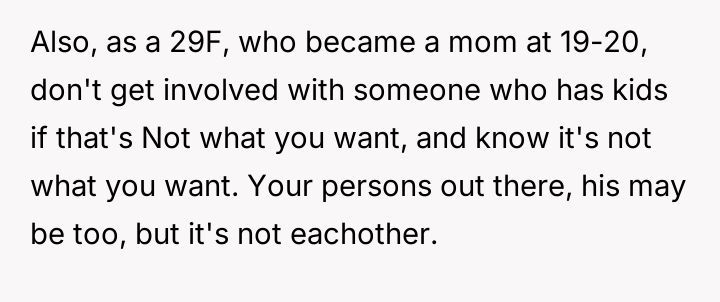

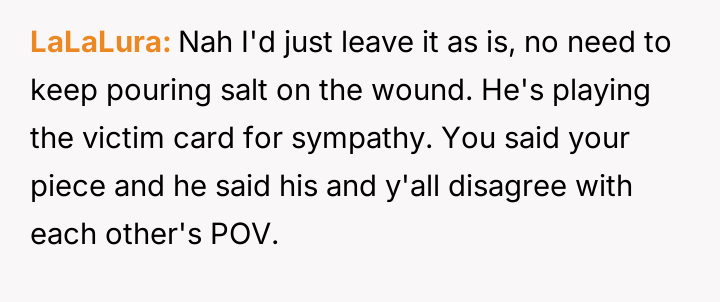
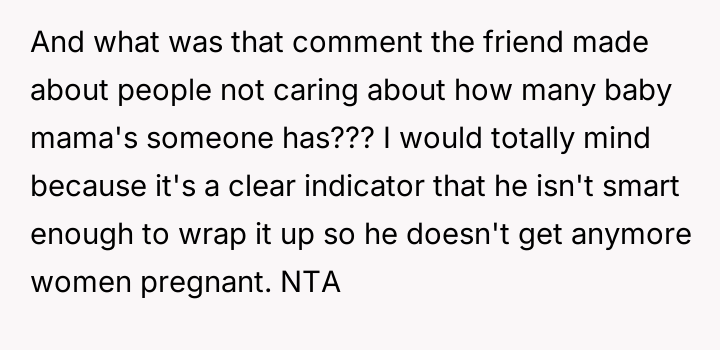
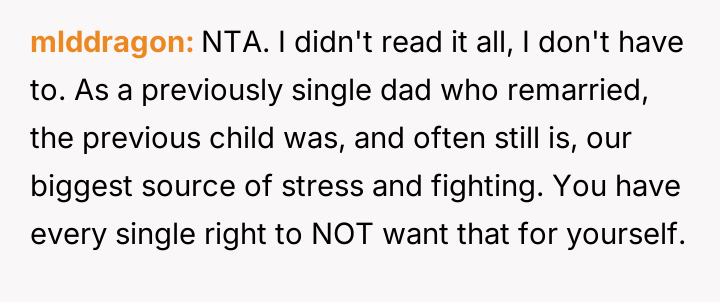
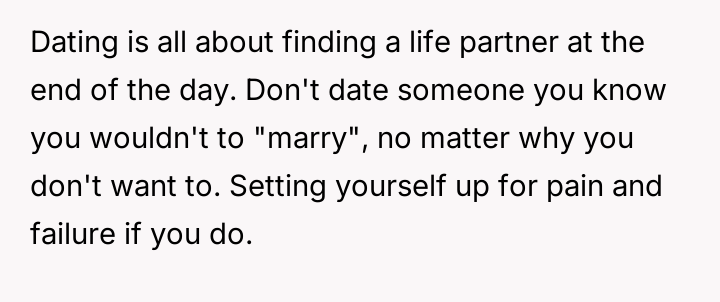
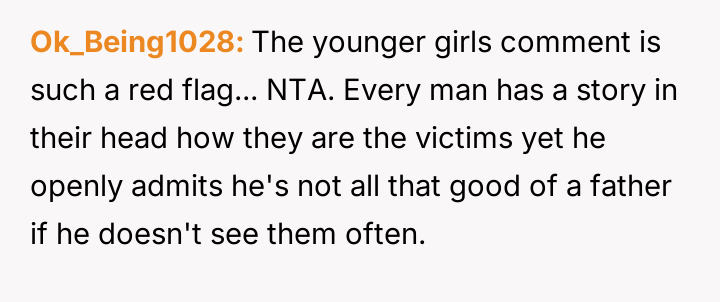
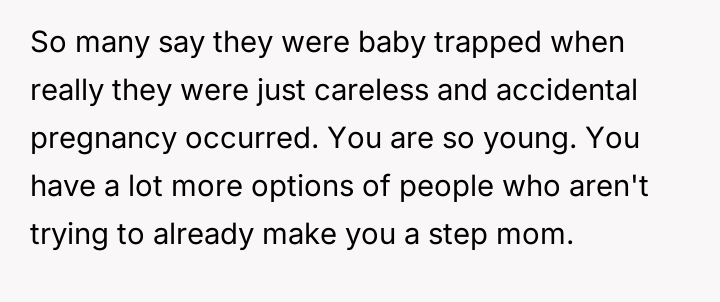
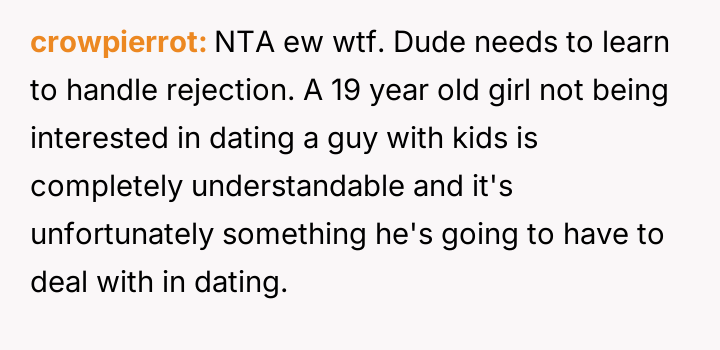
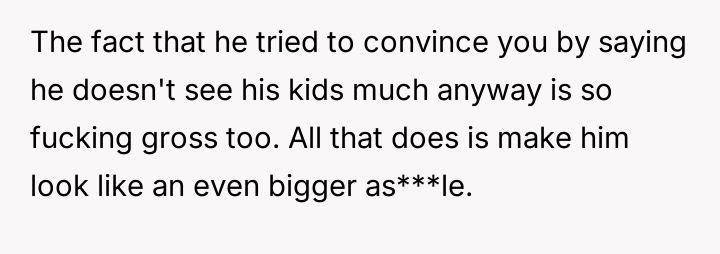
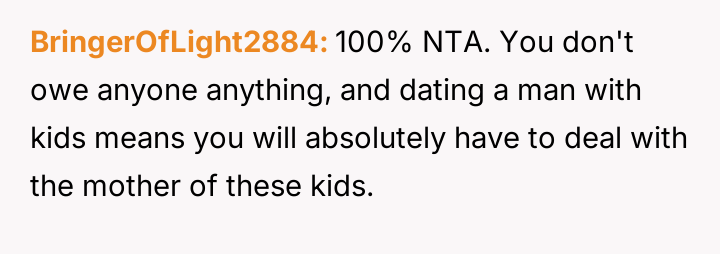
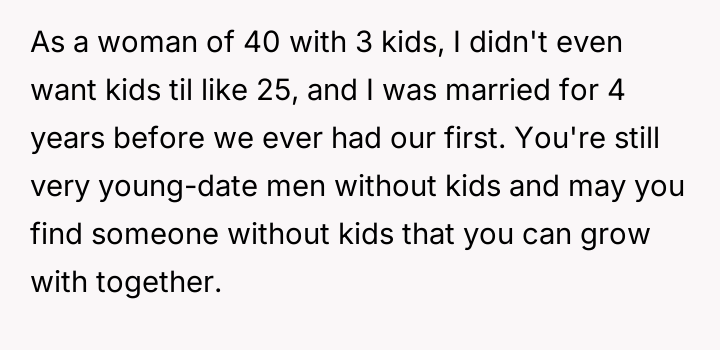
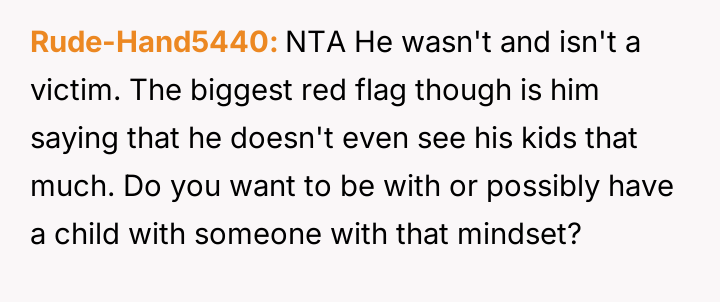

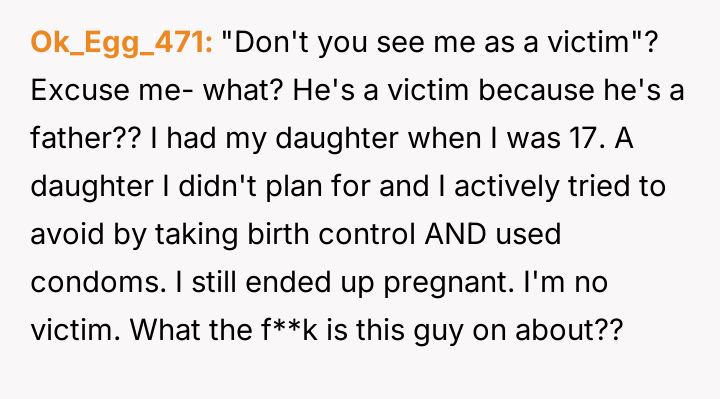
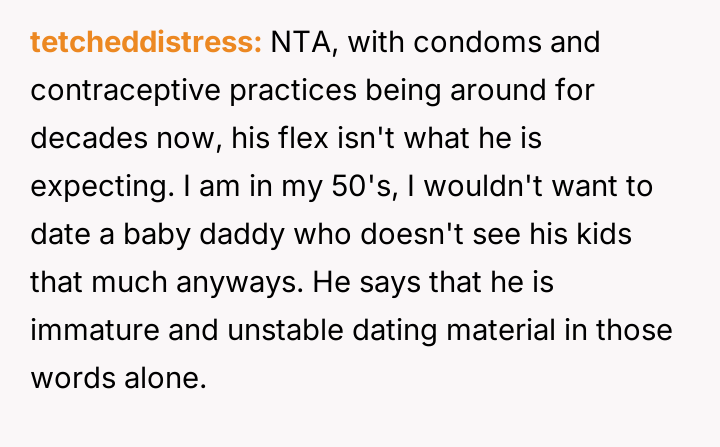
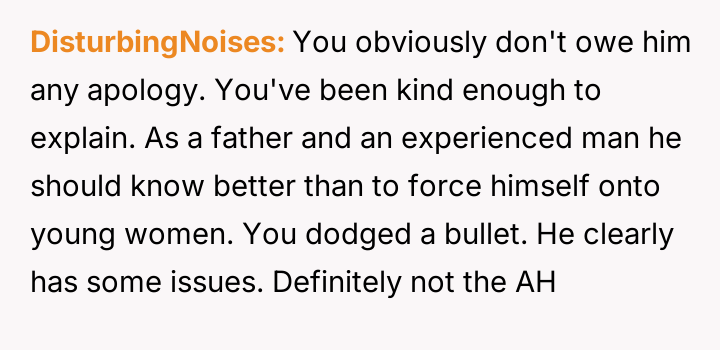
The OP is facing a conflict between her clear personal boundaries regarding parenthood and stepparenting, and the intense pressure from Ben and their mutual social circle.
Ben reacted defensively and inappropriately when his parental status was cited as the reason for rejection, while the OP now faces social repercussions for standing by her established dating preferences.
The central debate is whether the OP owes Ben an apology to smooth over social relations, despite feeling justified in her decision, or if maintaining her boundaries without apology is the correct course of action.
Should the OP apologize to placate the mutual friends, or does apologizing validate Ben's aggressive response to a stated preference?

